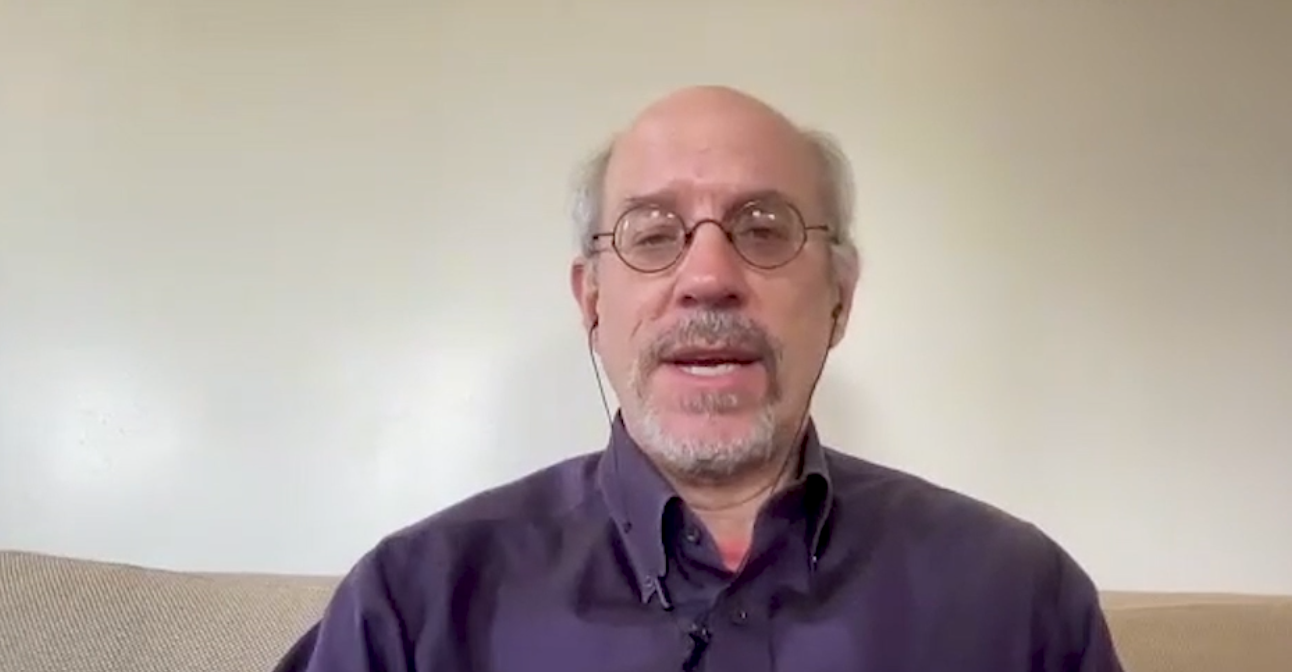Steve Schlesinger is a Fellow at the Century Foundation in New York City. Mr. Schlesinger authored "Act of Creation: Founding of the United Nations," and is an expert on the UN and international issues. The UN was created out of the ashes of WW2. Initially, the UN dealt with security and war challenges, but now helps move aircraft, ships, mail, and weather information globally, as well as combats the climate crisis and diseases, assists refugees, migration issues and confronts every major international problem. In September, the UN will conduct a Summit of the Future to address 5 areas: financial structure for the world; international peace and security to prevent wars; digital arena with AI, Bitcoin, and cyberspace; assisting children around the world; and, reorganizing the UN structure to be more agile and effective. The UN is still the epicenter of the world that assists all 8 billion people on Earth.
GCTV explores and covers diverse world issues such as hunger, poverty, security, economic development, energy, world health, migration, war, human rights, tolerance and international trade.




















